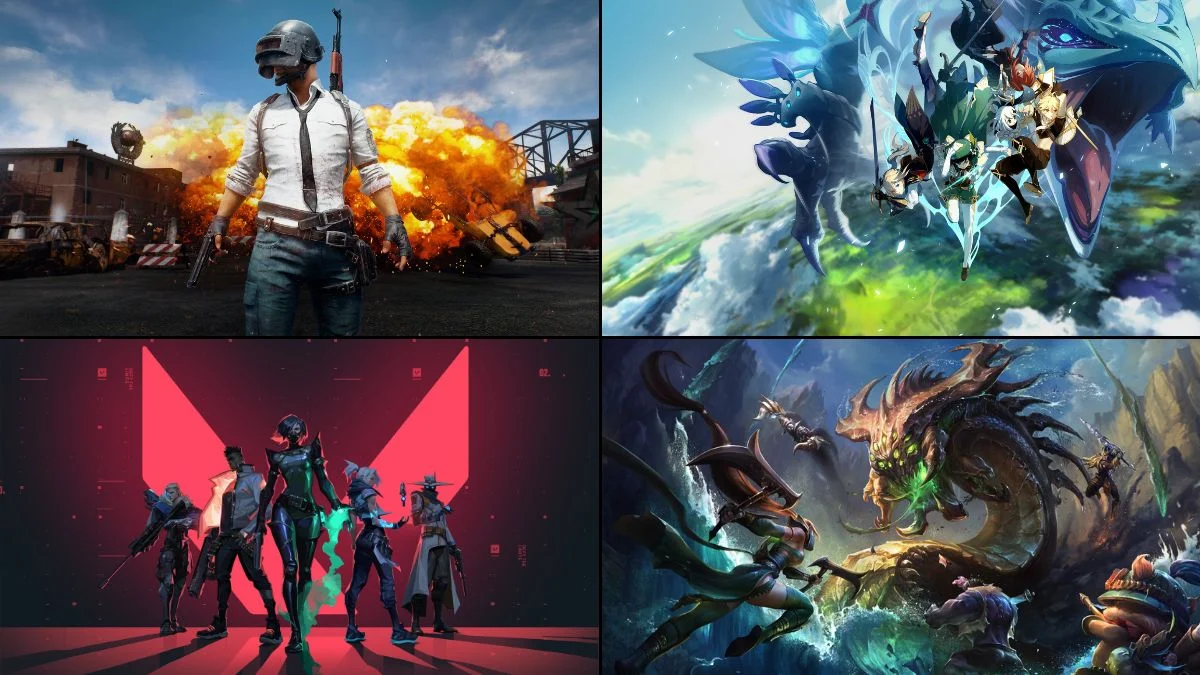
Governments sometimes limit access to apps and online services, often citing concerns about national security, protecting personal data, preventing gambling issues, or safeguarding children. These restrictions usually focus on how information travels between countries, whether apps involve financial transactions, and a company’s connections to countries a government views as problematic. Companies may be forced to alter their operations, sell off parts of their business, or stop serving a particular country, though they don’t necessarily have to shut down completely.
The following games involve features that often raise concerns for regulators, including how data is shared internationally, the need for a constant internet connection, in-game communication, content created by players, software used to prevent cheating, and features where players can spend real money like loot boxes or trading cosmetic items. For each game, we’ve explained who makes it and exactly what parts of the game regulators tend to examine when considering potential action.
Genshin Impact
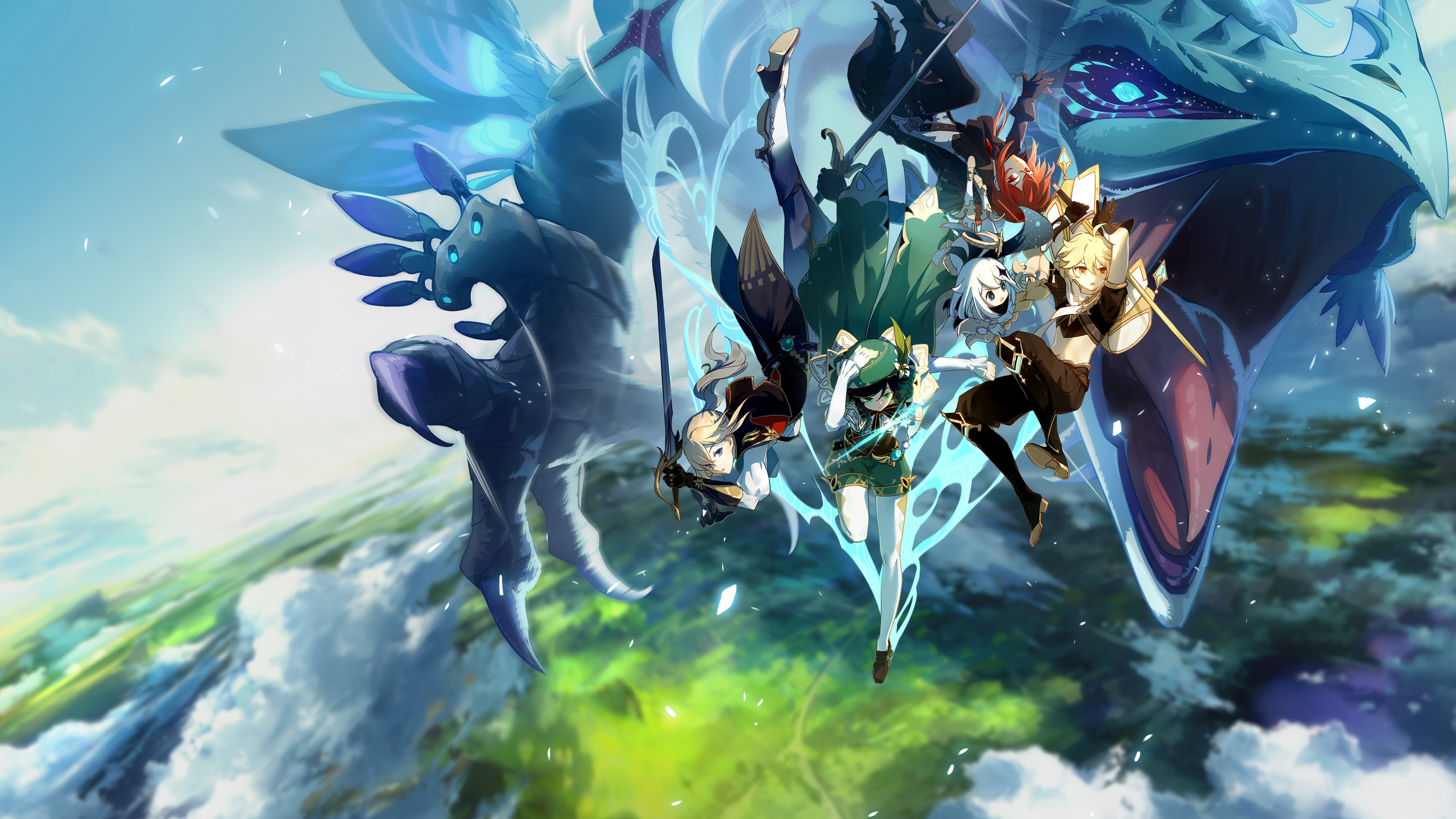
This action role-playing game was created and released by HoYoverse (also known as miHoYo), a game company originally from Shanghai that now has offices around the world. It’s available on computers, PlayStation consoles, and mobile devices, and players can use one account to access the game from anywhere. The game is regularly updated with new content and events.
This game features a collectible character and weapon system where you get items randomly, and can also purchase them with real money. It always requires an internet connection, allows players to chat with each other, and saves your progress online. Because it collects data about how players use the game and involves purchases, it raises important issues for regulators regarding data privacy and fair monetization.
Honkai Star Rail
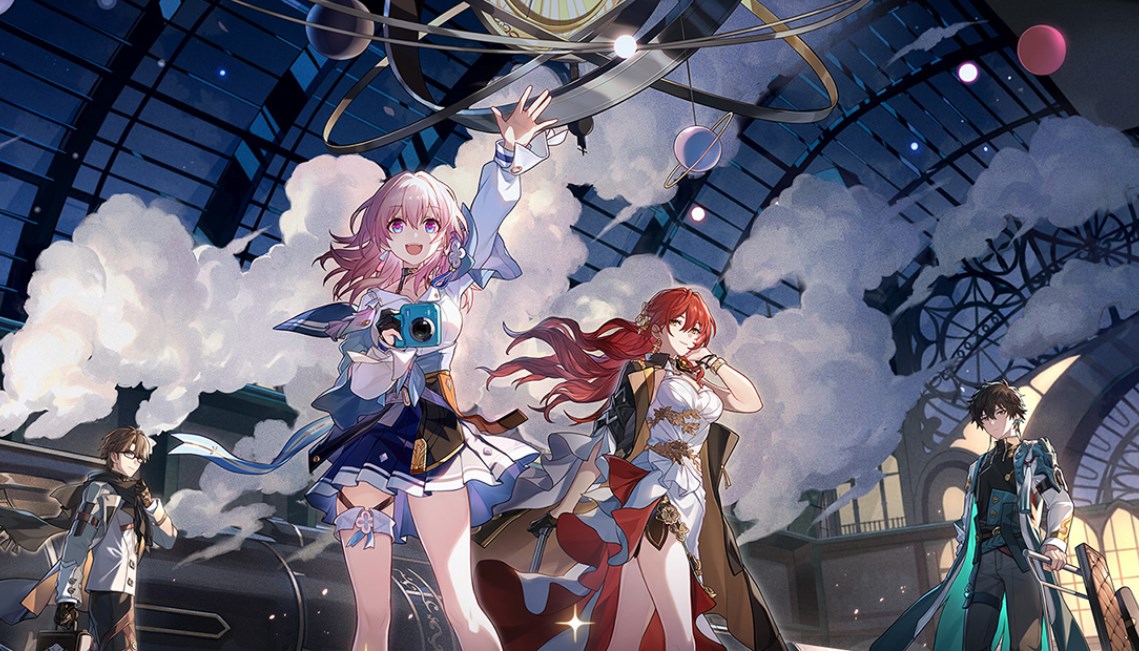
This role-playing game, like other titles from HoYoverse, is played in turns and is constantly updated with new content. Players use one account to access the game, and their progress is saved on servers that are always online.
The game makes money through a ‘gacha’ system where players randomly acquire characters and equipment, and through limited-time offers. Because the game uses online systems for things like saving progress, running events, and handling data across different regions, it will be subject to regulatory scrutiny, particularly regarding how it protects players’ spending and ensures appropriate age restrictions.
PUBG Mobile
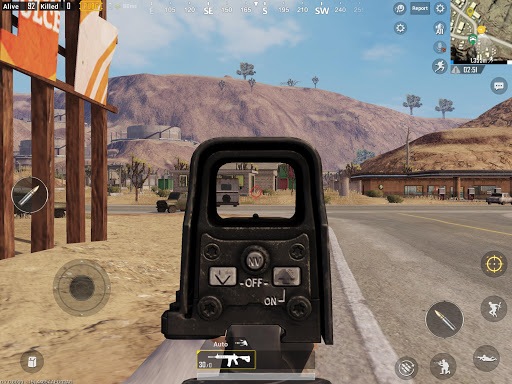
This mobile shooting game is created by Lightspeed and Quantum Studios, and published by Tencent with permission from Krafton. It features a single account you can use anywhere, regularly updated seasonal content, and constant connections to live game servers to keep things fresh.
The game offers cosmetic items for purchase through random loot boxes and special, limited-time deals. Players can communicate using voice and text chat. With a large player community, competitive gameplay, and quick matchmaking, there are important questions about how player data is handled, how the game is moderated, and how spending is protected, especially considering how these features are regulated in different regions.
Call of Duty Mobile
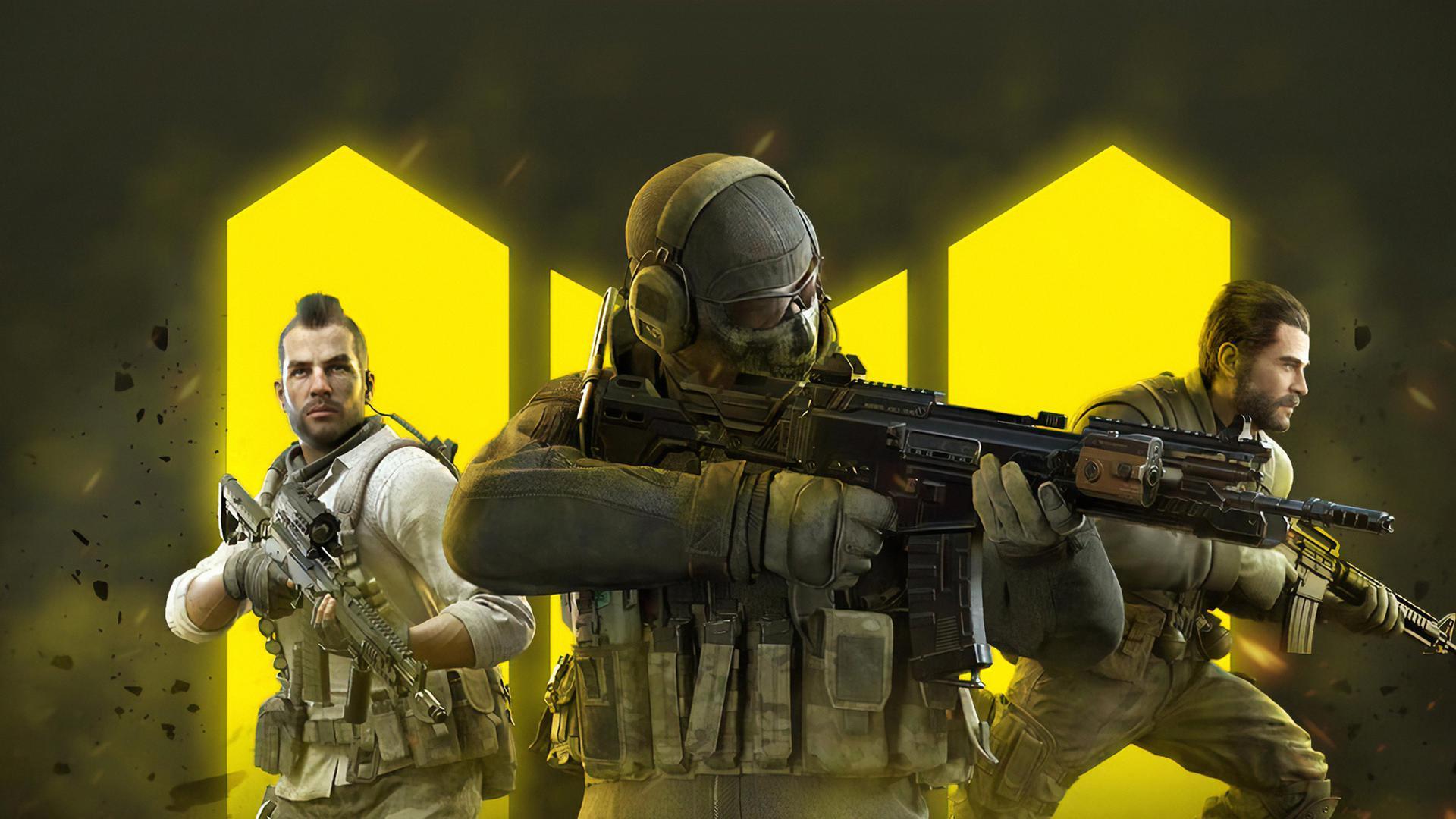
This mobile game, part of a larger series, is published by Activision and developed with help from TiMi Studio Group. It requires an internet connection to advance in the game, participate in ranked matches, and access new seasonal content, and players need to link their accounts using an external login.
During matches, players can buy battle passes and surprise item packs, and communicate with each other using voice and text chat. When experts evaluate mobile gaming platforms, they focus on how well the platform works with its partners, how it gathers data for improvements and ads, and how it manages real-time communication to ensure a safe environment.
Arena of Valor
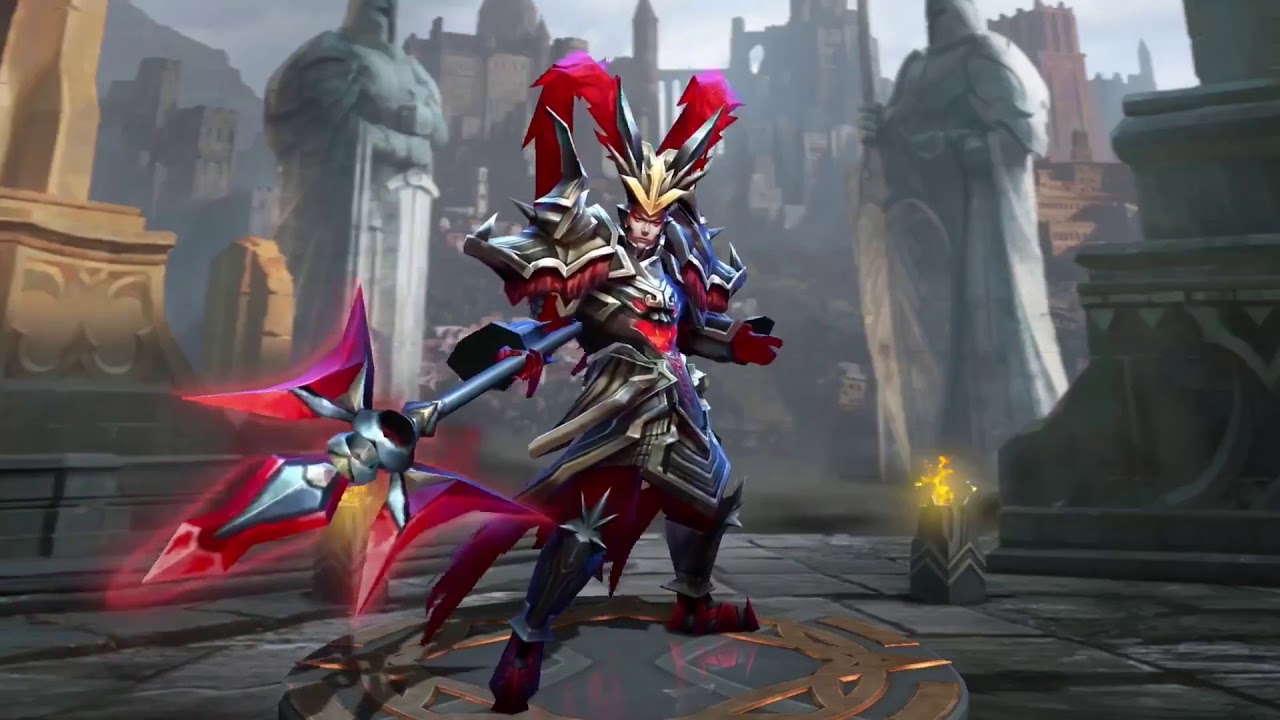
This online team battle game is published by Tencent for players around the world. It requires a constant internet connection to support features like account linking, events across different regions, and ongoing game adjustments.
Players can buy cosmetic items and unlock new characters either directly or through random chance mechanics. The game’s use of in-app purchases, competitive chat features, and data management across different servers is typical of many online games and aligns with standard review guidelines.
Honor of Kings
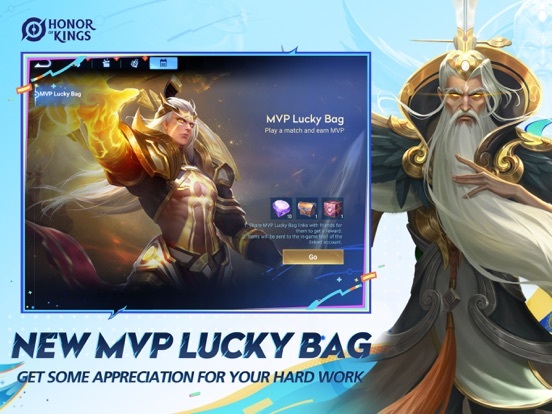
As a huge fan, I’ve been following this game since it first launched in China! It started as a local hit, but now it’s gone global. What I really love is how they keep things fresh with regular events and ranked seasons, and it’s awesome that my account and progress follow me no matter where I play.
As a fan, I’ve noticed the game’s store has a lot of cool cosmetics and ways to unlock stuff, but sometimes it feels a little pushy with limited-time deals or random boxes. It’s good to see people are paying attention to how these types of stores work, especially when it comes to keeping players safe, protecting their data, and making sure everything is fair. Things like needing to be constantly online and having social features and in-game purchases always get a closer look in these situations, and that’s a good thing!
League of Legends
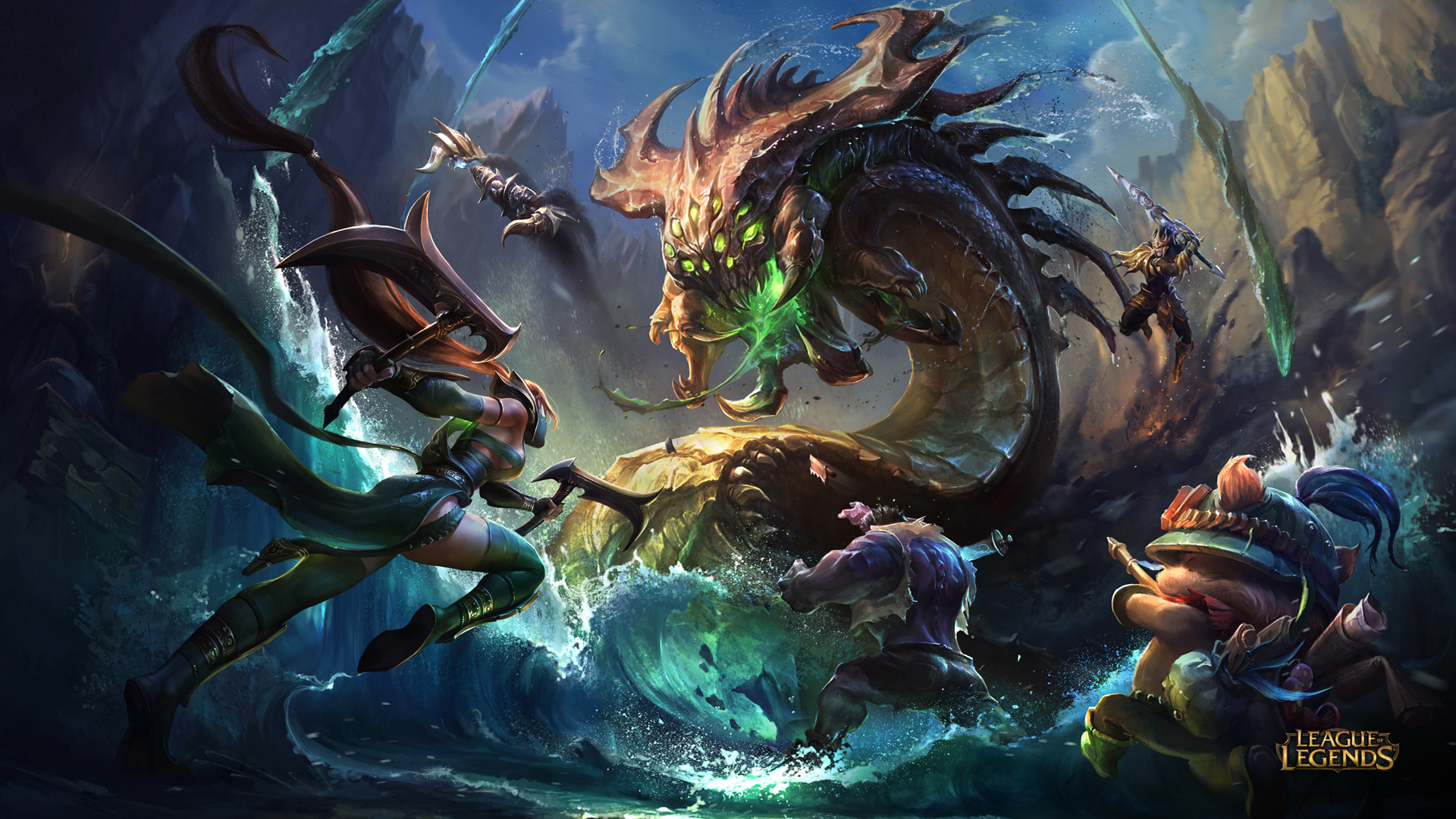
This online battle arena game is made by Riot Games, which is owned by Tencent. It’s played on a worldwide platform with updates released regularly, and features competitive ranked play.
Players can purchase items to customize their appearance, access special events, and get randomized rewards. Features like voice and text communication, cheat prevention, and the ability to play with people from different regions require standard safety measures, data collection, and adherence to data storage regulations.
Valorant
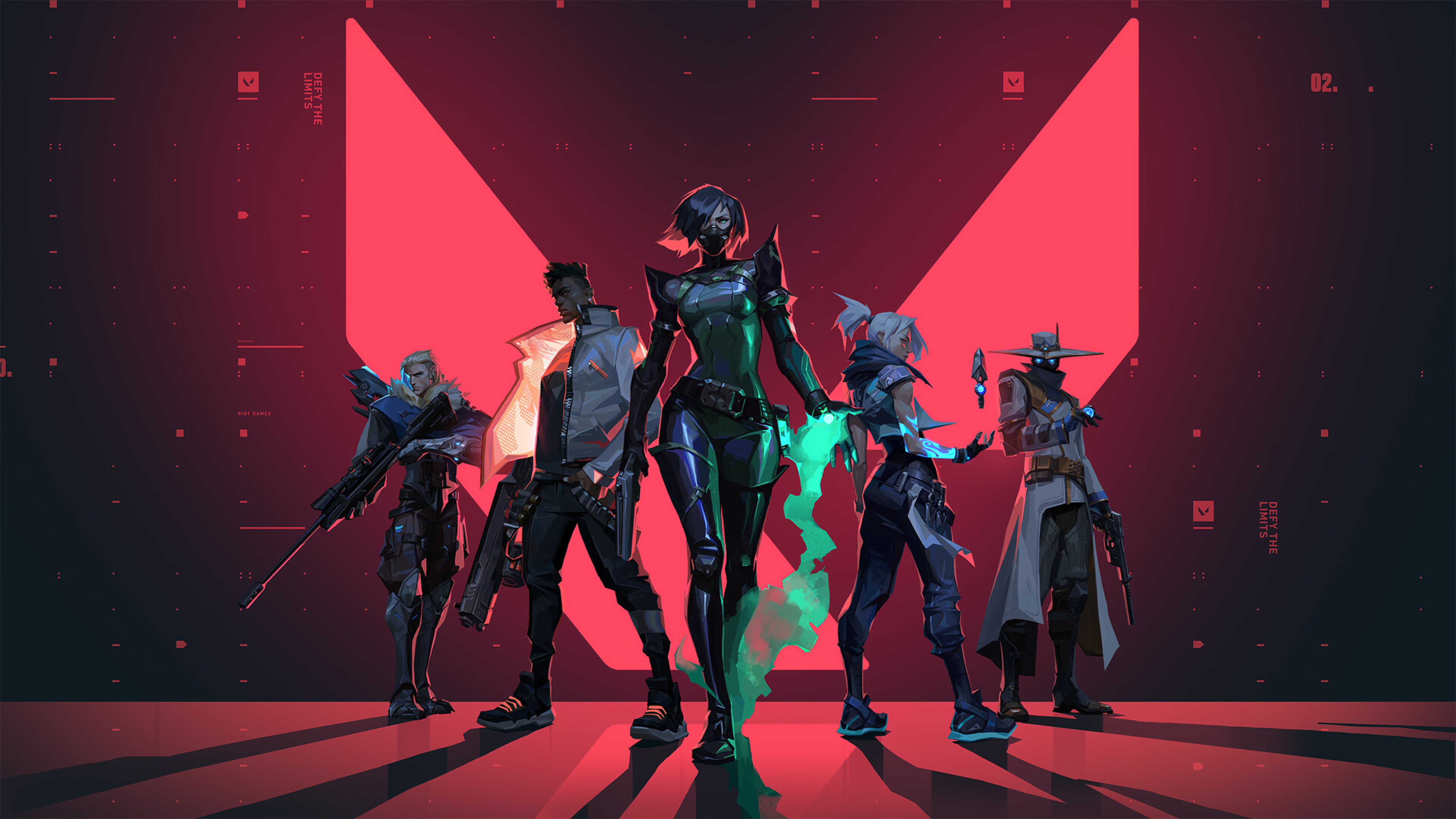
This team-based shooting game, also created by Riot Games, needs a constant internet connection to play. It features ranked matches and receives frequent updates.
So, this game has a pretty serious anti-cheat system – it’s always running, even before I get into the game, because it works deep within my computer. The developers are constantly checking it to make sure it’s not causing any security or privacy issues. As for in-game stuff, the store is full of skins and passes for events. And they’re really strict about chat – both voice and text – needing a lot of monitoring and moderation to keep things clean.
Fortnite

This popular game, published by Epic Games, lets you shoot, build, and play on computers, consoles, and phones. You can use one Epic Games account to continue your progress on any device, but it requires a constant internet connection to receive updates and participate in events.
Players can personalize their game with cosmetic items and a seasonal pass, and they also have the ability to create and share their own games within the platform. Keeping players safe through voice chat monitoring, parental controls, and managing user-created content are key areas regulators focus on, especially when data is shared internationally.
Clash of Clans
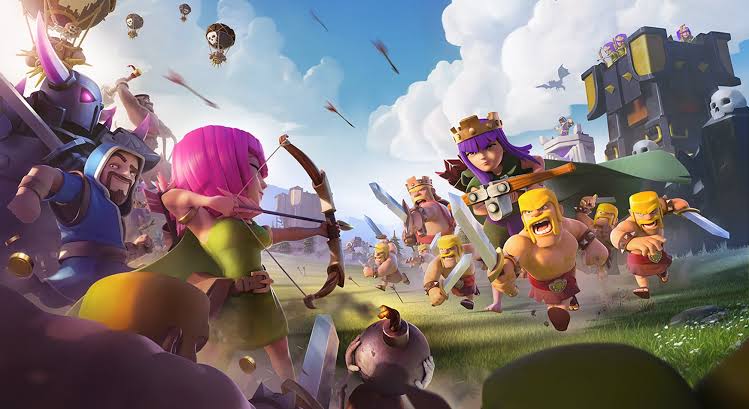
This strategy game for mobile devices is created by Supercell, with Tencent as its major owner. Players build and manage a constantly evolving online village, join clans, and participate in regular seasonal events and updates.
The game will generate revenue through features that speed up gameplay and optional cosmetic items. Player progress and purchases will be saved online using their accounts. With its social features like clans, data tracking, and global support, the game fits the standard evaluation criteria for mobile games.
Clash Royale
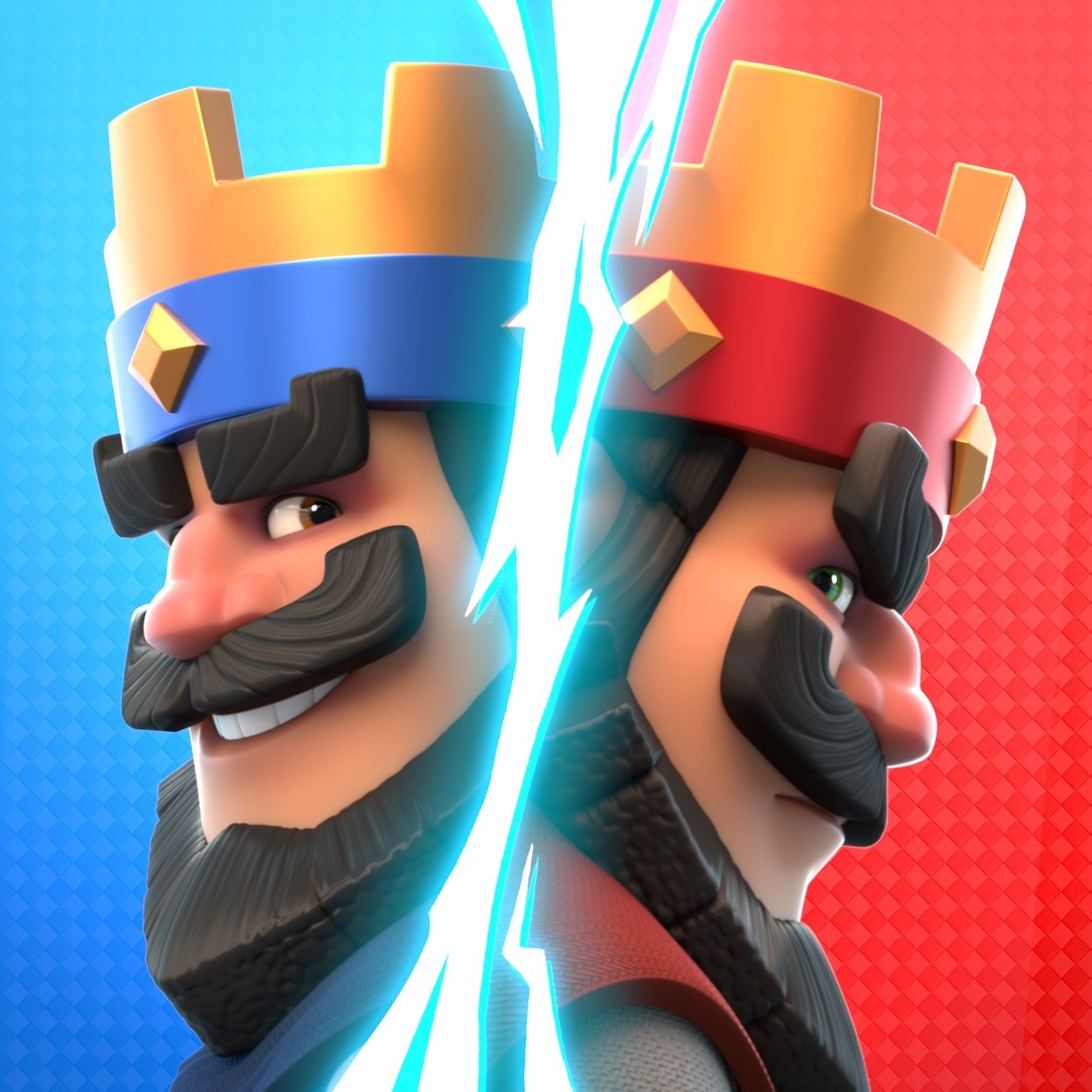
This mobile strategy game, also from Supercell, is connected to your account across devices. It features regularly updated seasonal challenges and events that keep the gameplay fresh.
Okay, so this game has loot boxes – chests and card packs, basically – and a bunch of cosmetic stuff you can unlock, all with a bit of luck involved. When I’m checking out a mobile game, I always look at things like ranked play, whether it’s easy to chat with friends, and how well the game tracks my progress and lets me customize things. Those are the big things that matter to me.
Free Fire

This popular mobile game, a ‘battle royale,’ is published by Garena, which is owned by Sea Group. Tencent, a major technology company, has a large investment in Sea Group. The game is kept fresh with ongoing seasons, frequent updates to keep gameplay fair, and allows players to use one account across all regions.
Players can buy things like character customizations, event access, and chances to win rare items. Features like voice chat, finding opponents for big matches, and the way the game lets players spend money – especially with random rewards – mean it falls under rules about how young people spend money and how their data is protected.
Mobile Legends Bang Bang
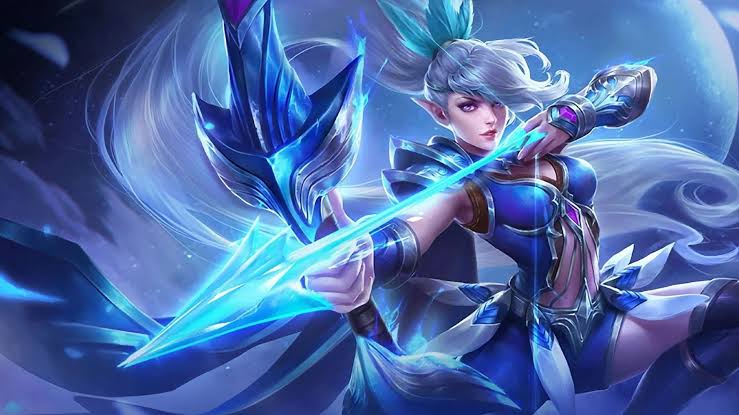
This popular mobile game is a multiplayer online battle arena published by Moonton, a company owned by ByteDance. It features regularly scheduled ranked seasons and community tournaments, and is frequently updated with live maintenance.
The game offers cosmetic items for characters and special items for events, some of which are available through random chance purchases. Like many online games, it requires managing user accounts, social interactions, and servers across different regions, all of which are areas regulators often examine for data privacy and safety.
Warframe
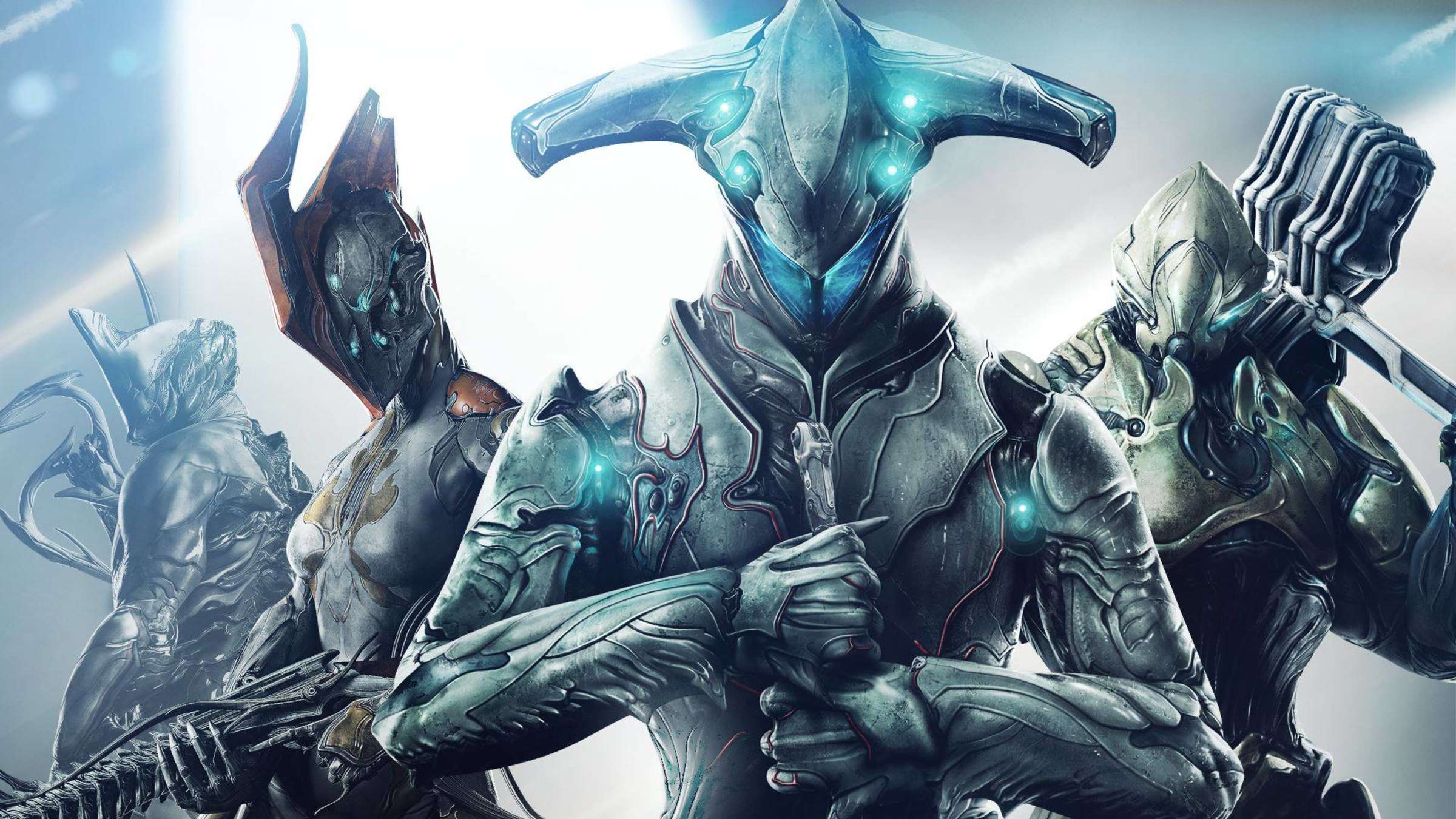
Digital Extremes, now part of Tencent, created this game where players work together. It’s regularly updated with new content and is available on both PC and consoles, with the added benefit of being able to save your progress and continue on different platforms.
We earn money by selling cosmetics, small items, and random upgrade systems for equipment. Ongoing areas we regularly review for policy updates include online play features like chat and anti-cheat measures, as well as how we handle player account information, especially when it’s accessed across different geographic regions.
Path of Exile
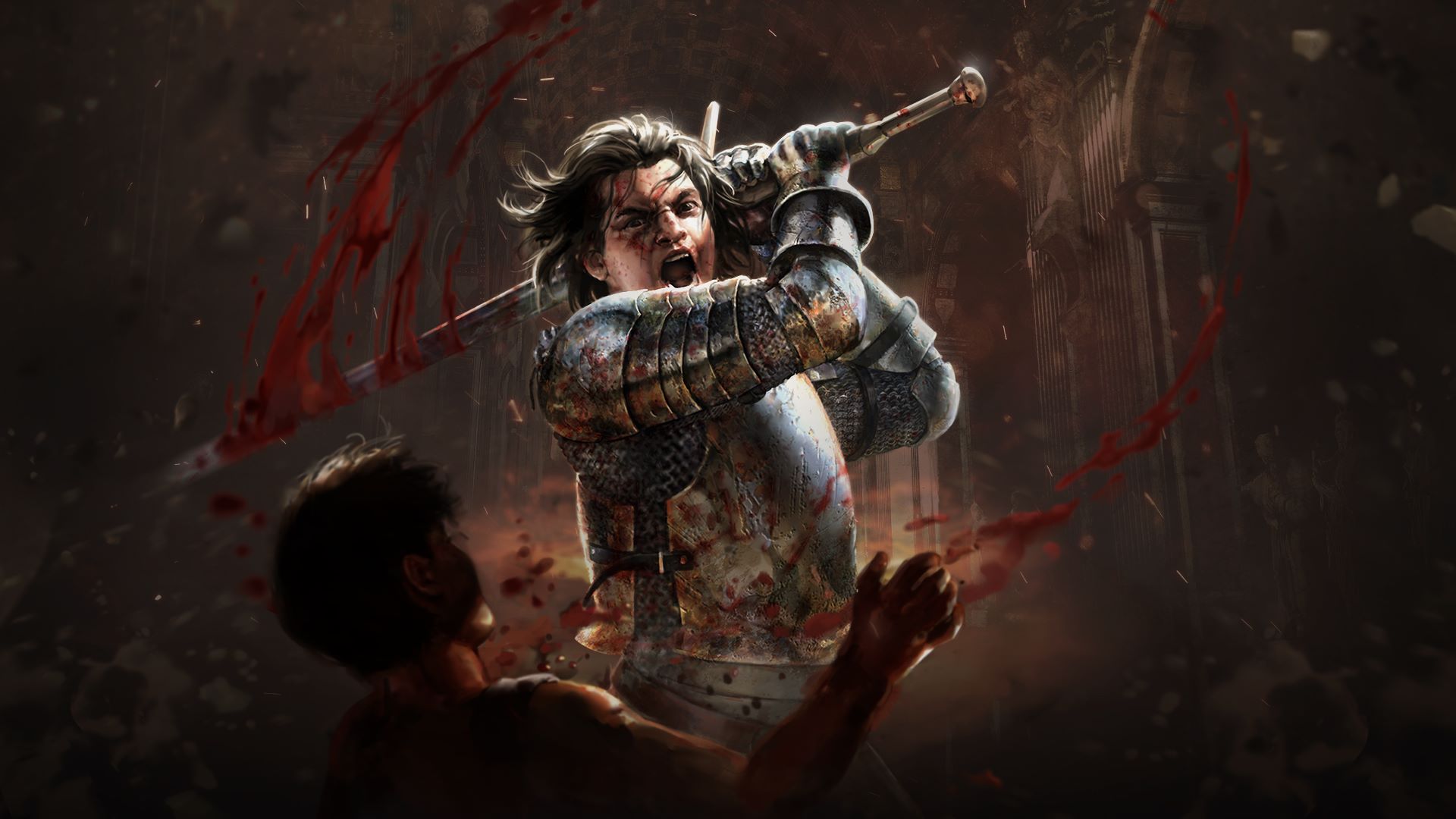
This action RPG is created by Grinding Gear Games, which is mostly owned by Tencent. The game features a real-time economy and uses regularly resetting seasons, called leagues, to keep gameplay fresh and encourage players to return each season.
Players can buy extra storage, character customizations, and supporter bundles, and they can trade items with each other using in-game features. Discussions about keeping the game running smoothly and fairly often focus on things like always-on connections, maintaining a healthy in-game economy, and using data to prevent cheating and fraud.
PUBG Battlegrounds
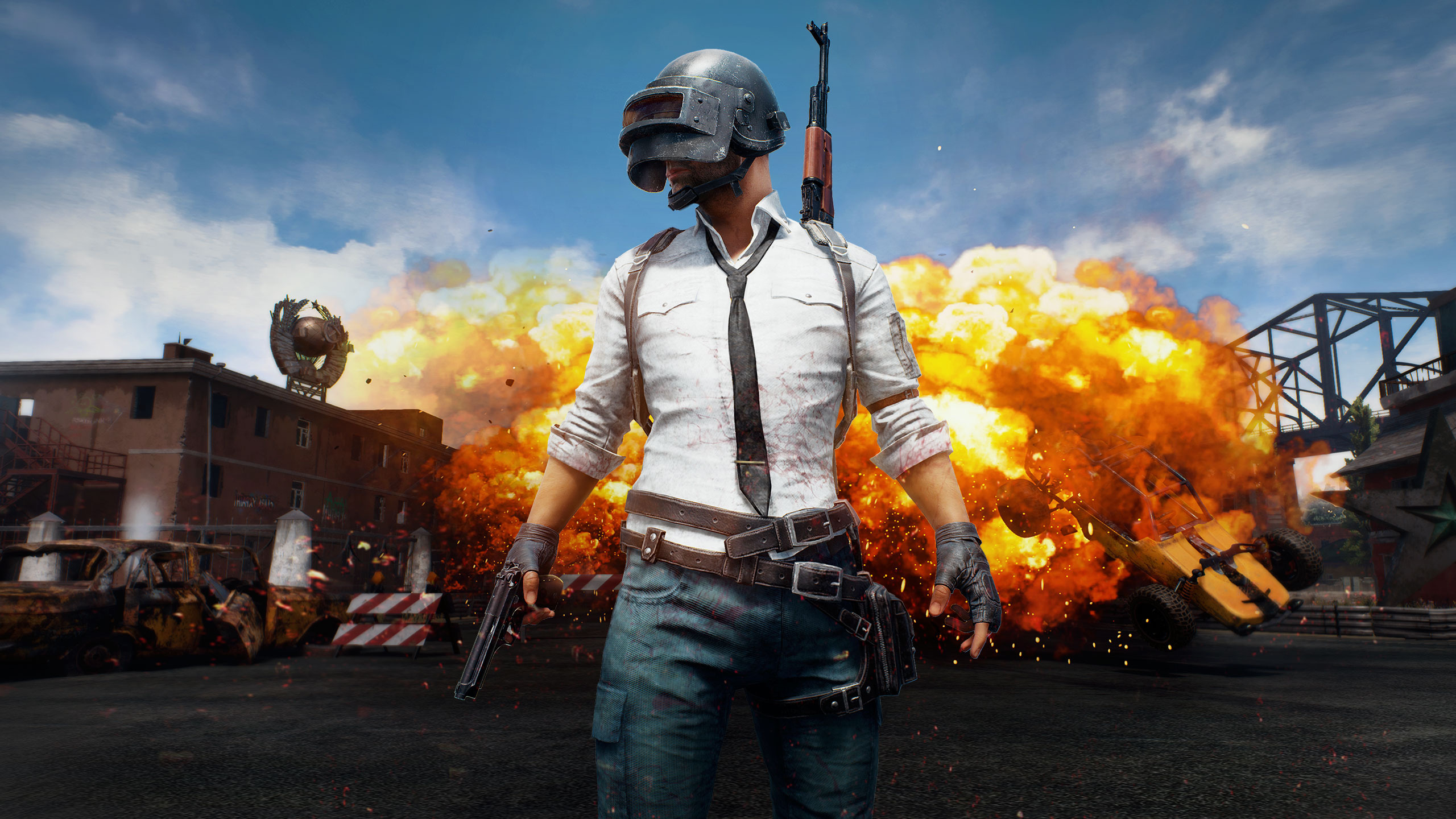
I’ve been playing this battle royale on both PC and consoles, and it’s published by Krafton. What’s kinda interesting is they have different versions for different regions. It’s got a ranked system if you’re into that competitive stuff, and a whole marketplace where you can buy cosmetic items. Plus, they’re *always* updating it, which is cool, but you pretty much need a constant internet connection to play.
Voice and text communication, along with systems to prevent cheating, are essential parts of our service. When evaluating international data transfers and fair play, authorities often examine how these systems function and where player information is handled and kept.
CrossFire

This popular first-person shooter was created by Smilegate in South Korea and is published by Tencent in China. It can handle a large number of players thanks to servers in different regions and regular updates.
The game features optional cosmetic items and includes ranked and competitive play with an in-game chat function. Like many online games, it’s subject to standard government reviews of things like partnerships, payment handling, and data transfers between different areas.
World of Tanks

This online game lets players command armored vehicles in battle. It’s created by Wargaming, a company with offices around the world. The game requires a constant internet connection and features regular seasonal events. Your progress and any items you buy are saved to your account long-term.
As a player, I can tell you we spend money on cool tanks and ways to customize them, and we team up in clans where we can chat and coordinate using voice and text. Behind the scenes, the developers are really focused on fair play – they have strong anti-cheat systems, active moderators, and servers all over the world to make sure everything runs smoothly. Honestly, the level of work they put into this stuff seems pretty serious – it’s definitely something the higher-ups are keeping a close eye on.
War Thunder

I’m really into this game published by Gaijin Entertainment. It’s a live service, meaning it’s always being updated with new stuff on both PC and consoles. What I love is how realistic all the vehicles are, and being able to chat with other players during battles makes it even better. They’re constantly adding new content, so it never gets stale!
The game makes money by selling things like extra time, vehicles, and ways to advance faster. It also uses technology to track player activity and prevent cheating, ensuring fair competition. When governments evaluate online games, they pay close attention to how player data, chat records, and game files are managed and where that information is kept.
Roblox
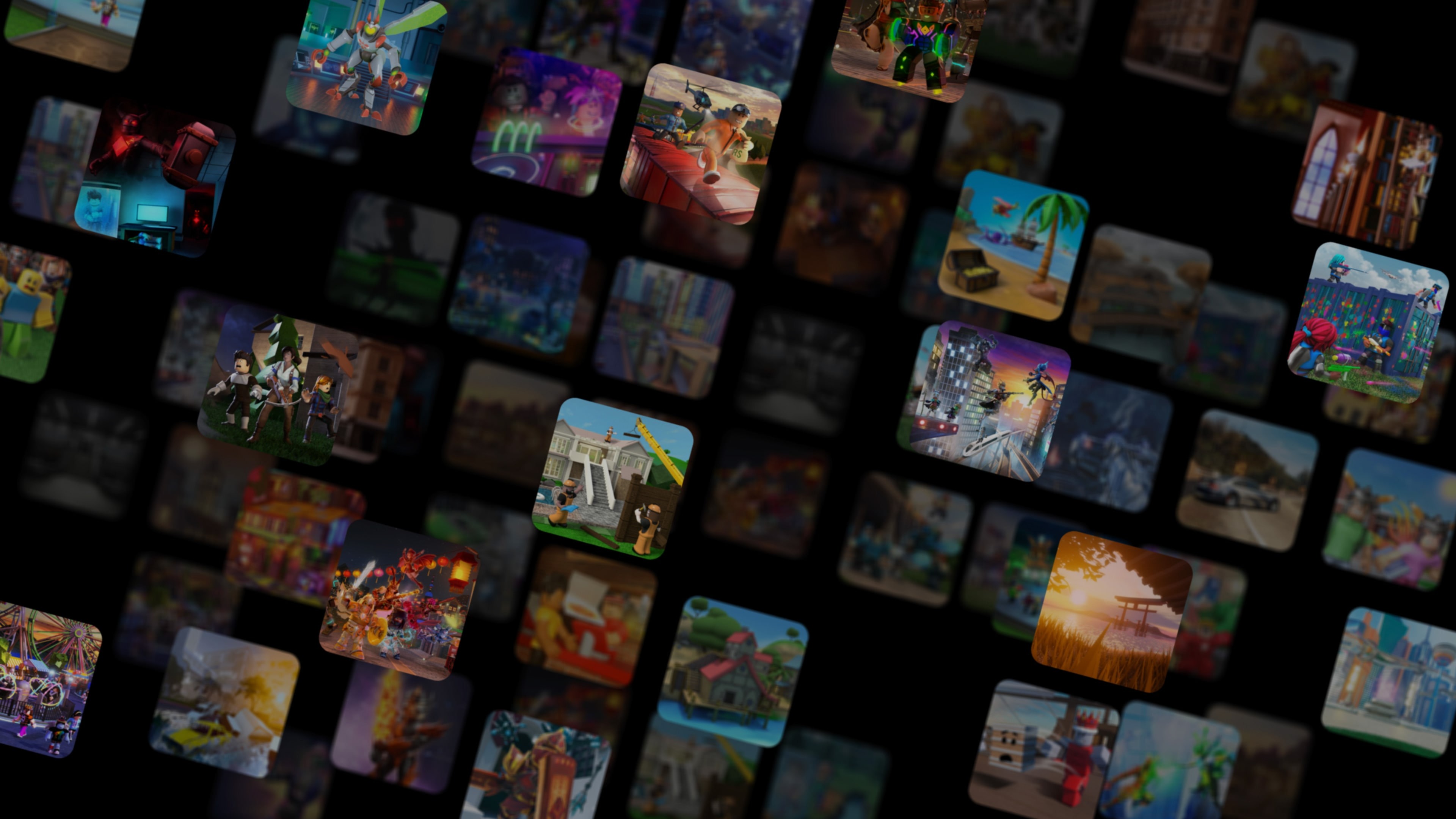
This platform allows users to both create and enjoy games, all with one Roblox account that works on any device. It also offers a robust social experience within those games, including features like chat, voice communication, groups, and the ability to buy and sell items.
Buying Robux lets players get new items and customize their avatars, while also allowing creators to earn money from their work. Reviews of the platform often focus on how well it keeps users safe, especially young players, by looking at things like content moderation, age checks, parental controls, and how user data is handled.
League of Legends Wild Rift
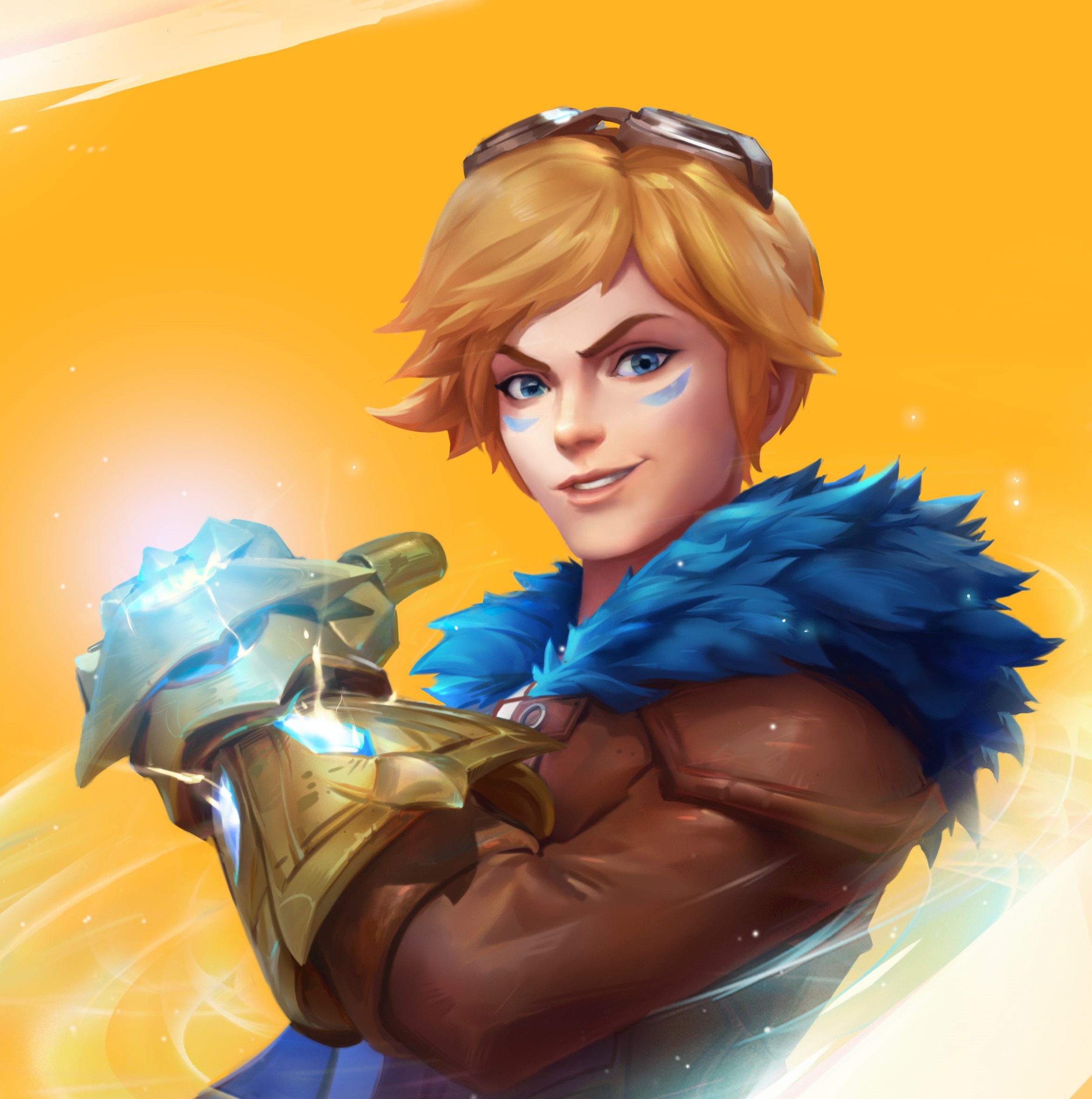
This is the mobile and console version of the popular online battle arena game from Riot Games, originally played on PC. It connects players across different regions with regular updates and allows you to use one account for both competitive and relaxed gameplay.
The game offers optional cosmetic items and event passes that don’t give players an unfair advantage. Like many online games, regular checks are done to ensure a safe and fair experience, including monitoring chat, preventing cheating, protecting player data, and managing spending for younger players.
Share which titles you think should be on this list in the comments.
Read More
- Gold Rate Forecast
- 2025 Crypto Wallets: Secure, Smart, and Surprisingly Simple!
- Top 15 Insanely Popular Android Games
- Did Alan Cumming Reveal Comic-Accurate Costume for AVENGERS: DOOMSDAY?
- Why Nio Stock Skyrocketed Today
- 4 Reasons to Buy Interactive Brokers Stock Like There’s No Tomorrow
- Core Scientific’s Merger Meltdown: A Gogolian Tale
- ELESTRALS AWAKENED Blends Mythology and POKÉMON (Exclusive Look)
- New ‘Donkey Kong’ Movie Reportedly in the Works with Possible Release Date
- EUR UAH PREDICTION
2025-09-18 14:47